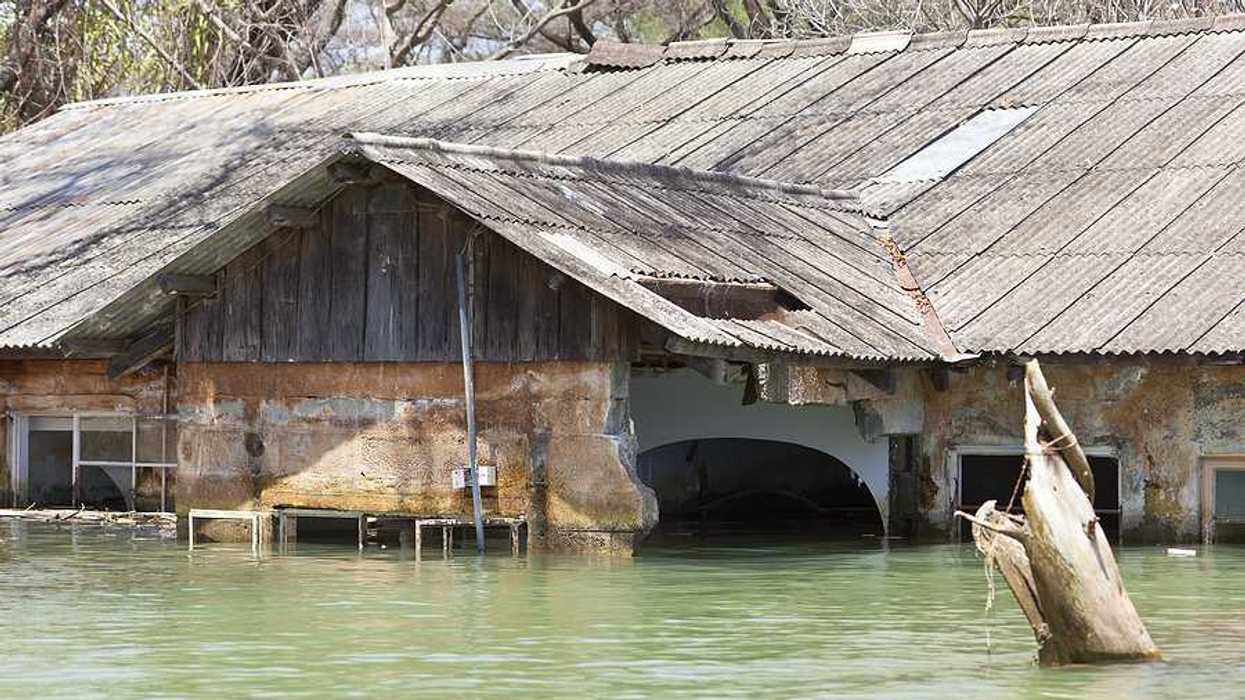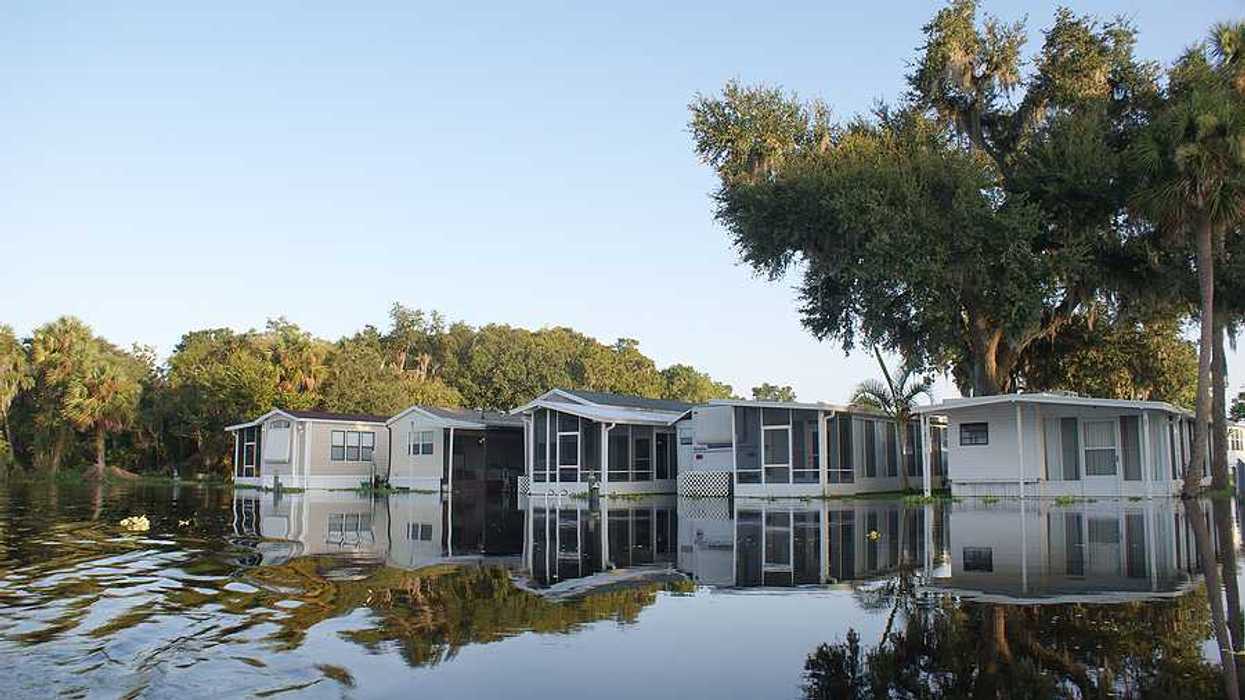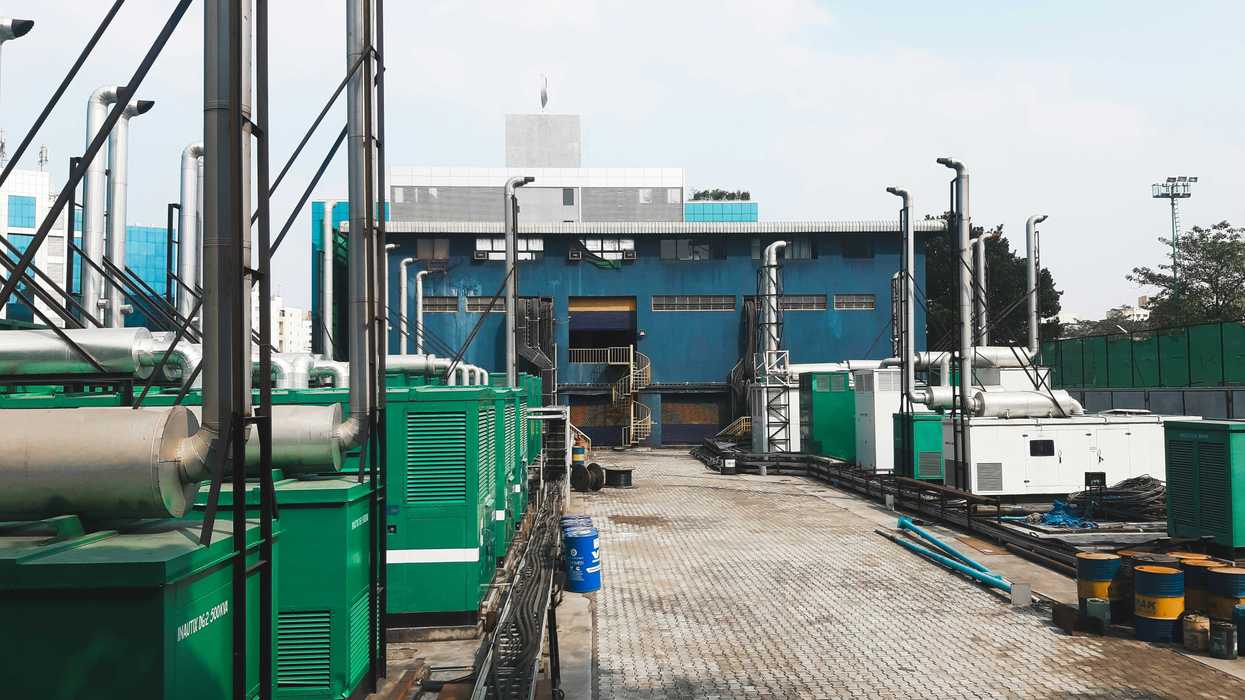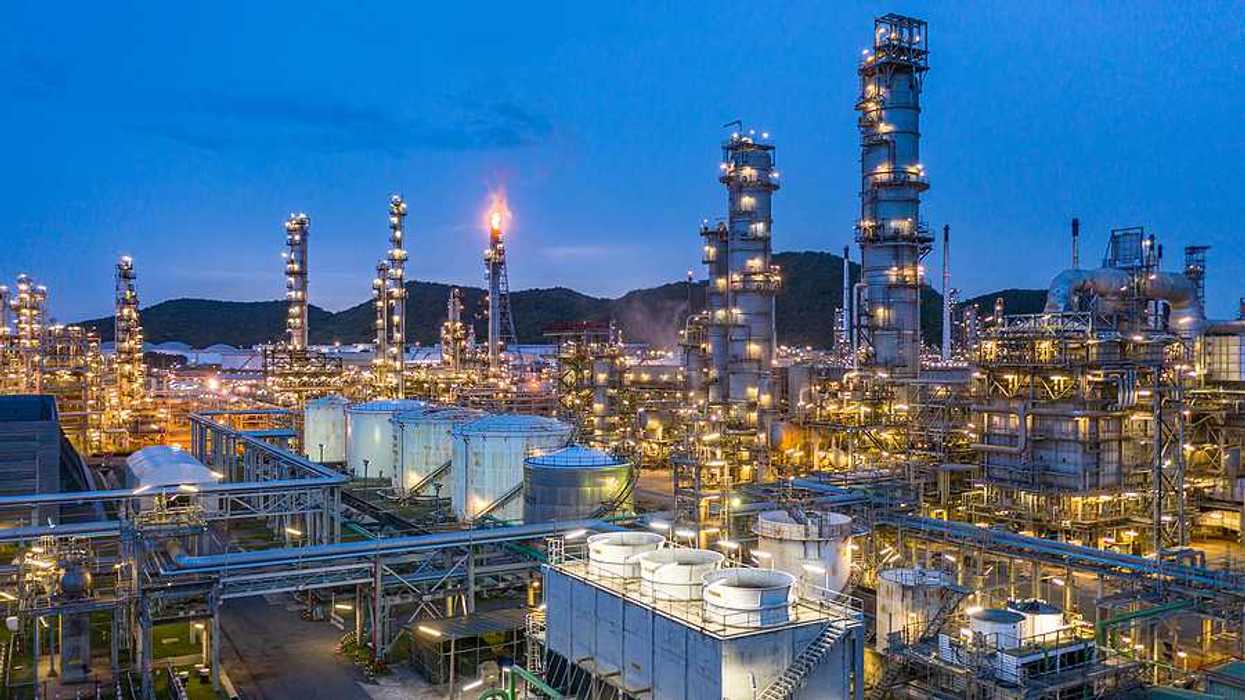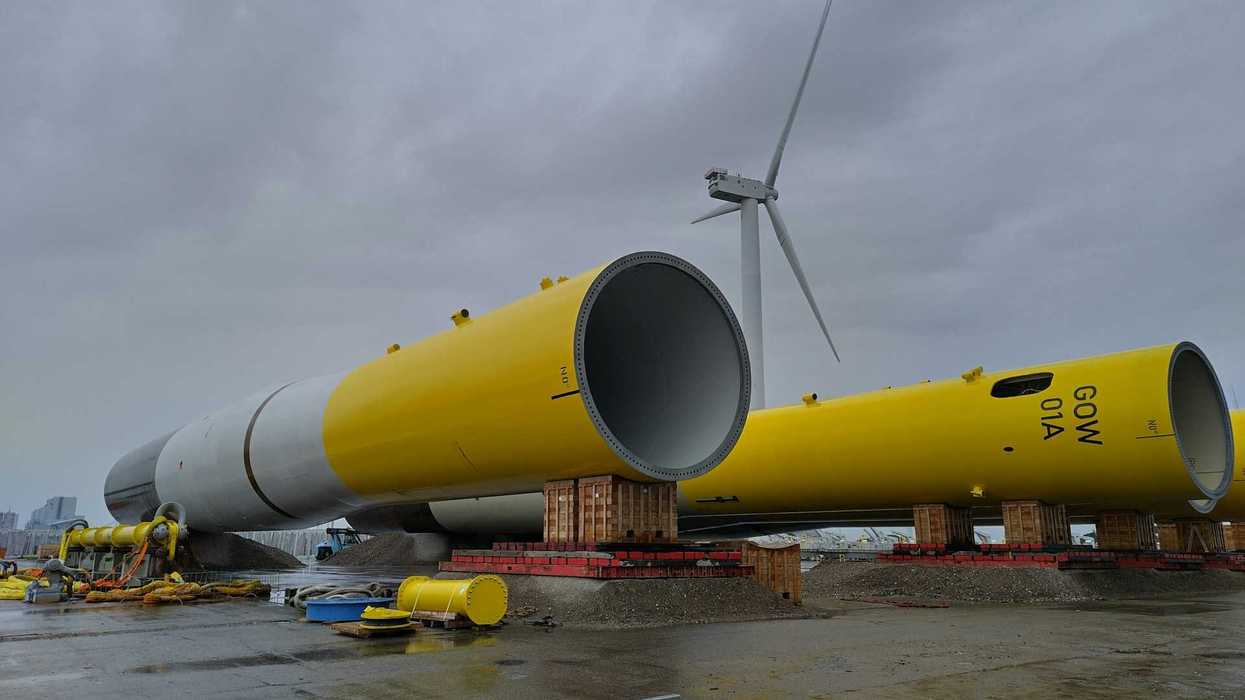A new networked geothermal system in Framingham, Massachusetts, shows promise in reducing greenhouse gas emissions by using the Earth's stable temperature to heat and cool buildings efficiently.
In short:
- Eversource Energy launched the first U.S. networked geothermal neighborhood in Framingham, utilizing geothermal heat pumps to serve 36 buildings.
- Geothermal systems provide a stable, efficient alternative to gas heating, with a “coefficient of performance,” or COP, of 6 compared to gas furnaces’ less than 1.
- The network's modular design allows for scalable implementation, potentially transforming utilities from gas suppliers to thermal energy providers.
Key quote:
“Every building sits on a thermal asset. I really don’t think there’s any more efficient or better way to heat and cool our homes.”
— Cameron Best, director of business development at Brightcore Energy
Why this matters:
Geothermal energy offers a sustainable solution to decarbonize buildings, a sector responsible for about a third of U.S. greenhouse gas emissions. Widespread adoption of this technology could significantly reduce reliance on fossil fuels.



